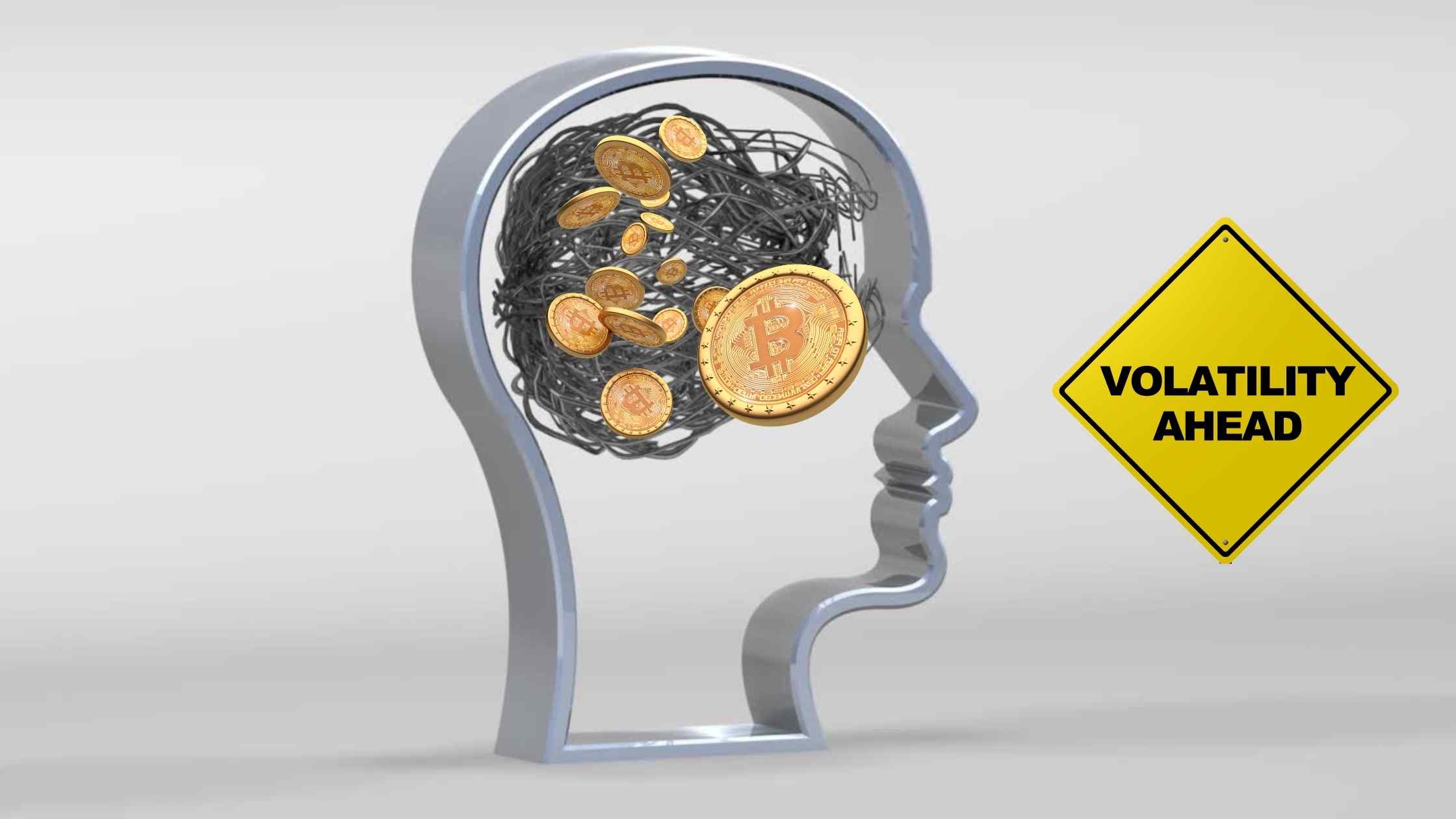Volatility is the name of the game when talking about anything involving cryptocurrencies. Most projects are especially prone to crypto volatility, especially as they are just starting out. They can experience dramatic price swings and fluctuate by double-digits within a single day.
On one hand, wild price swings can be a great way to make profits (if you are lucky enough). But others will lose those funds at the same time and that can trigger some unexpected and intense emotional reactions from investors who are affected by this crypto volatility.
While most of our daily activities don’t account for too much for it, mental health plays a huge part in establishing a well-balanced lifestyle. However, we shouldn’t ignore it and it is required to always pay attention to any emotional responses that our day-to-day interactions might make us feel. For instance, financial events play a key part in our emotional well-being. Considering the current bear market, the constant despair from the volatility of crypto markets can cause serious mental health damage.
Most of the time, crypto investors hide behind faceless Twitter accounts and unknown blockchain addresses. But in May 2022, when the Terra ecosystem collapsed when the UST stablecoin depegged, all of those involved were affected. Having to see your life’s saving dissolve in a matter of hours is not something our brain can easily comprehend and, unfortunately, there were many suicide cases that followed.
There is no way to predict where this bear market will take us, but we know for sure that we can’t control the crypto volatility. However, one thing we can control is the state of our mental health and the ways to improve it.
What is affecting mental health?
Sometimes, you might not even know that what you’re experiencing might be a normal emotional response to an outside event. Actually, professional traders know this and spend years training to ignore their emotions when trading assets.
But even with all the knowledge, if you are still new in the crypto trading space, you will be under emotional pressure at some point. And that’s when you will make poor trading decisions.
Trading requires more than technical and fundamental analysis. A trading mindset is crucial. It’s a known fact that anyone can make disastrous decisions under the pressure of emotions. This can lead to serious financial losses.
The best thing you can do is to know (and stay away from) the exact moments and situations that might affect your mental health:
- Premature exit. Beginners are more likely to take quick profits after a successful transaction and then close the deal too soon. They lose part of the potential profits they might have made.
- Dependence on market participants. Many traders are influenced by signals and opinions from established market participants. However, to reap the greatest benefits, you must be independent of these factors. One such example is Dogecoin and Elon Musk’s tweets.
- Losses are difficult to accept. The cryptocurrency market is highly susceptible to emotional trends. The price of cryptocurrency will react immediately to various statements and rumors. It is not possible to eliminate the emotional influence.
- Euphoria after the first deal. A positive emotion that comes with the first profit can make the trader lose control.
- Gambler syndrome. This leads to taking uncalculated risks. For instance, investors may enter large transactions without really thinking about them.
- FOMO (Fear Of Missing Out). FOMO is a fear of missing out on potential deals.
And as if that’s not enough to make you lose your reason, there are other external factors that might affect your trading positions. Hackers are a major concern in the crypto industry. Besides volatility, crypto assets are more susceptible to hacking and other scams due to their digital, anonymous, and decentralized nature.
What can you do about it?
Remember that it’s not all doom and gloom when it comes to trading crypto. In fact, you can still be involved in the crypto space and make money with crypto without a big (is any) upfront investment.
However, not all crypto investors are mentally affected by crypto’s volatility. Most people do not become addicted or emotionally engaged in trading digital assets. Remember that trading cryptocurrencies can have serious consequences for your mental health and general well-being. It is crucial that investors decide how much risk they are willing to take to limit the psychological effects of cryptocurrency stress.

